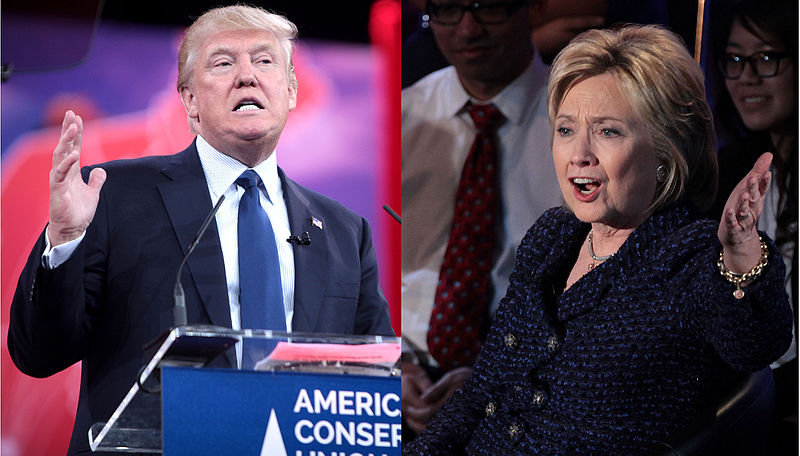- About
Title Here
 Lorem ipsum dolor sit amet, consectetur adipiscing elit. Pellentesque pretium sagittis dolor.
Lorem ipsum dolor sit amet, consectetur adipiscing elit. Pellentesque pretium sagittis dolor.Title Her
 Lorem ipsum dolor sit amet, consectetur adipiscing elit. Pellentesque pretium sagittis dolor.
Lorem ipsum dolor sit amet, consectetur adipiscing elit. Pellentesque pretium sagittis dolor.Title Her
 Lorem ipsum dolor sit amet, consectetur adipiscing elit. Pellentesque pretium sagittis dolor.
Lorem ipsum dolor sit amet, consectetur adipiscing elit. Pellentesque pretium sagittis dolor.
Quality Data on Religion Since 1998










